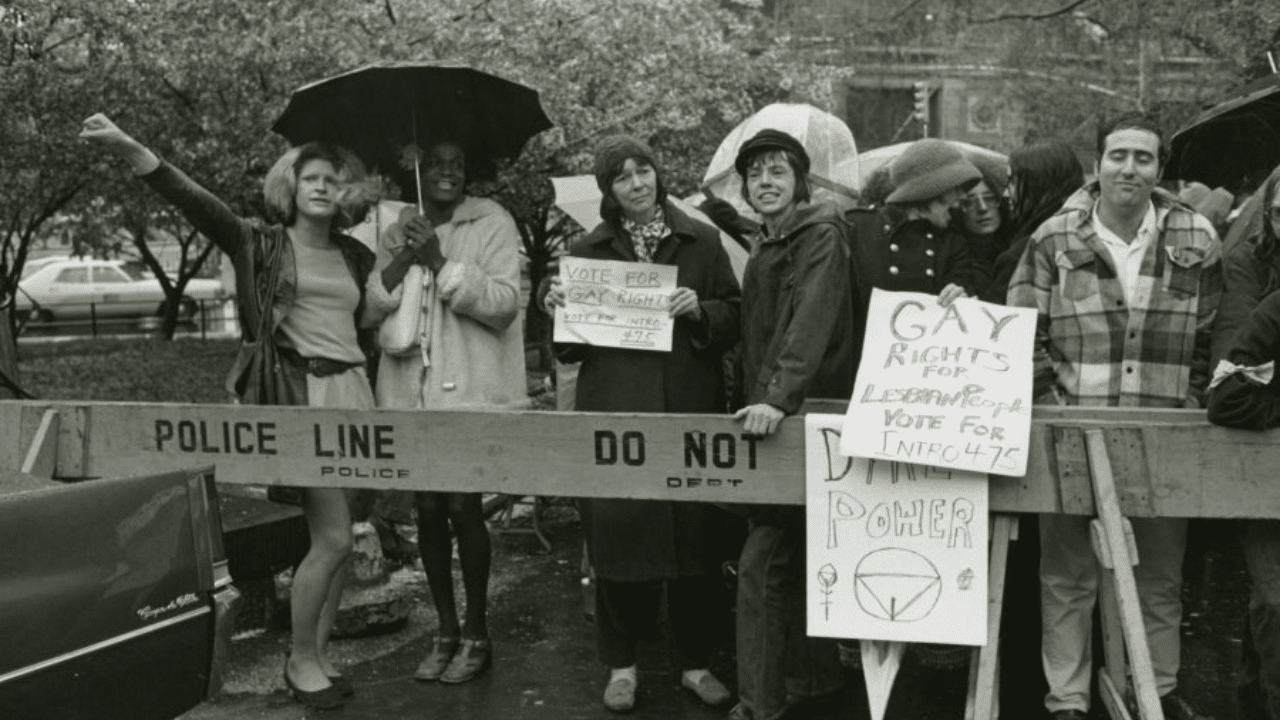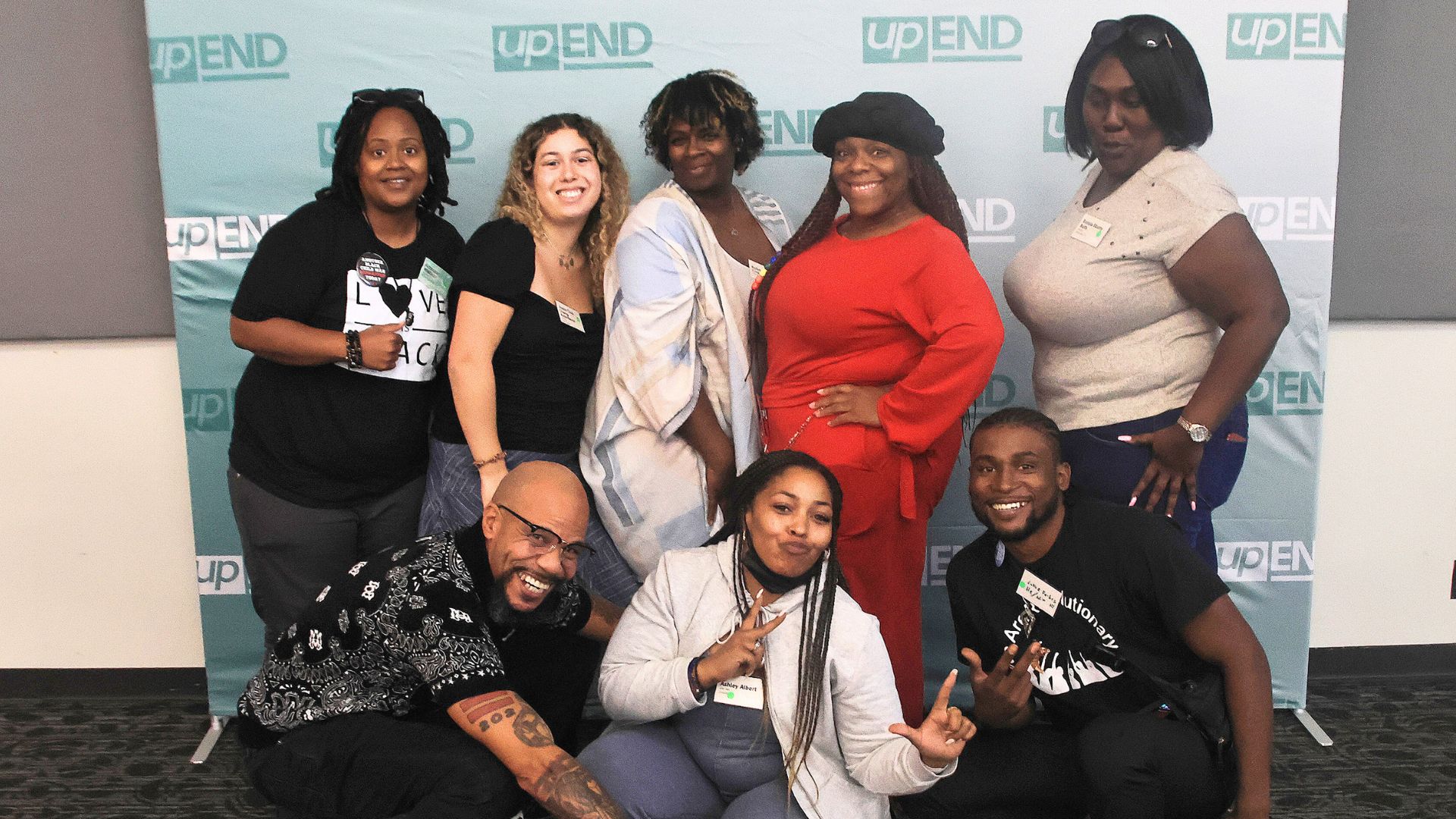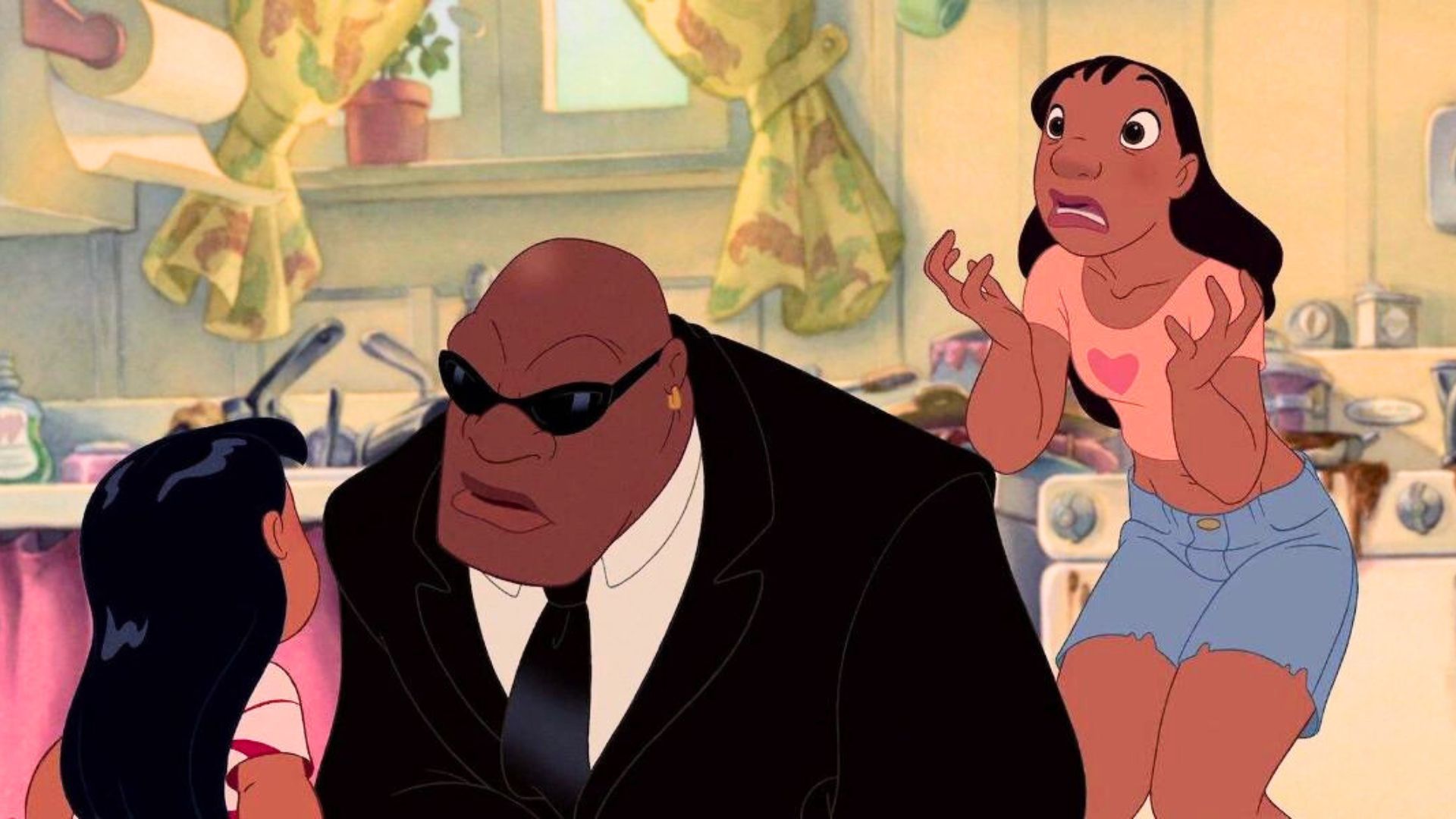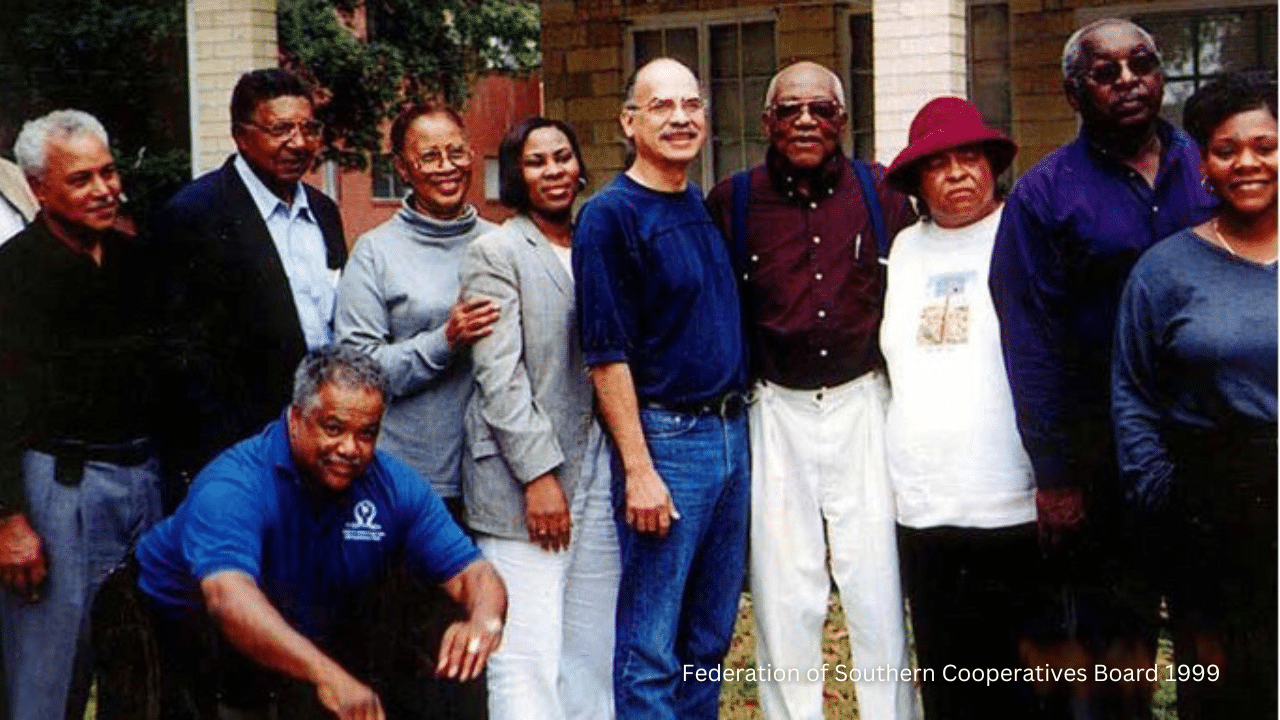Reflections on Pride 2024
July 3, 2024
July 3, 2024

by Maya Pendleton
There’s been much conversation about contemporary Pride celebrations and their departure from the historical meanings of Pride. Formally, Pride commemorates the Stonewall Uprising, which occurred over several days in June of 1969. The uprising responded to police violence inflicted upon gender non-conforming gay, lesbian, and trans people at the Stonewall Inn. Instead of succumbing to police violence, patrons of the Stonewall Inn decided to fight back against the police; since then, Pride has taken place annually in June to pay homage to what happened just over 54 years ago.
Yet, today it’s common to see Pride celebrations and parades across the United States that trade the radical beginnings of Pride for corporate sponsorships, collaborations with the police, and empty platitudes such as “love wins.” And, the issues that threaten the safety and well-being of gay, lesbian, trans, and genderqueer folks, especially those who are racialized, have largely disappeared from mainstream Pride celebrations. As Sylvia Rivera, the co-founder along with Marsha P. Johnson of Transgender Action Revolutionaries, said in 2001 when asked about the contemporary gay rights movement, “This movement has become so capitalist. It is a capitalist movement. I see this movement becoming a straight gay movement that only believes in that almighty dollar.” She continues to say, “This is no longer my pride.”
Evidence of the hollowing of the gay rights movement is easy to come by. This June, the White House hosted a Pride celebration celebrating equality and progress. Ironically, this is the same White House that is currently funding and supporting Israel’s genocidal campaign against Palestinians, where LGBTQ Palestinians are facing daily death, starvation, and unquantifiable turmoil as a direct result of the United States’ actions. The plight of Palestinians under Israel’s occupation was largely missing from this year’s pride celebrations, even as more than 37,000 Palestinians have been murdered.
Within the family policing system, LGBTQ youth in foster care are at higher risk of additional harm. These harms include discrimination, institutionalization, and abuse. In particular, LGBTQ youth of color face increased violence and discrimination once in foster care compared to other youth. While LGBTQ youth are at greater risk of experiencing homelessness in comparison to other youth, LGBTQ youth who are also Black experience some of the highest rates of homelessness. Black youth are far more likely to experience homelessness, with Black young people having an 83 percent higher risk of experiencing homelessness compared to other racial groups. To make a perilous situation even more dangerous, the Supreme Court just ruled that cities can arrest and fine people for sleeping in public spaces, even when there is no other shelter available. This ruling ensures that homeless youth will experience even greater violence, surveillance, and punishment.
So, as 2024 Pride comes to an end, it is impossible to ignore all of the ways U.S. policy –here and abroad– continues to make the world unsafe for LGBTQ people, especially those who exist along the margins of other oppression. For exactly these reasons, upEND is committed to developing abolitionist solutions and alternatives that create a better, safer world for all. Over the next few months, we will be focusing on Black LGBTQ youth in particular, and exploring how ending the family policing system and fighting for an abolitionist world necessarily also includes developing a robust platform that centers and amplifies the realities that Black LGBTQ youth face as they navigate carceral systems.

Five years ago, around Juneteenth—a celebration of delayed but hard-won freedom—a small collective of insiders-turned-abolitionists planted the seeds of upEND.

Set in Hawai’i, against the backdrop of violent family separation of Indigenous families by the child welfare system, the film is poised to impact the way millions of people think about family policing and the termination of parental rights.

Throughout history, Black people have resisted not only through direct action against oppressive forces but also by creating systems of care that ensured collective survival.